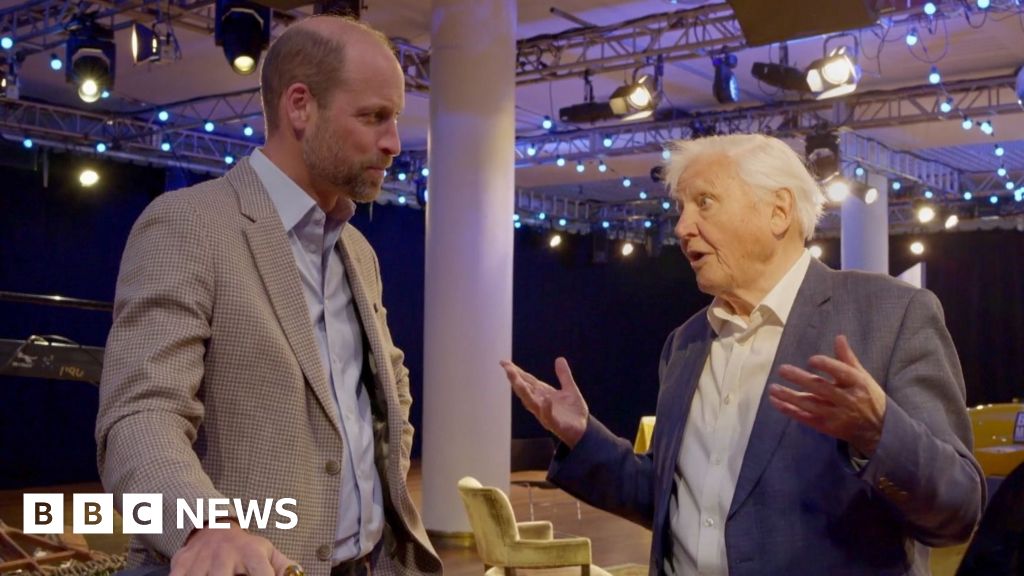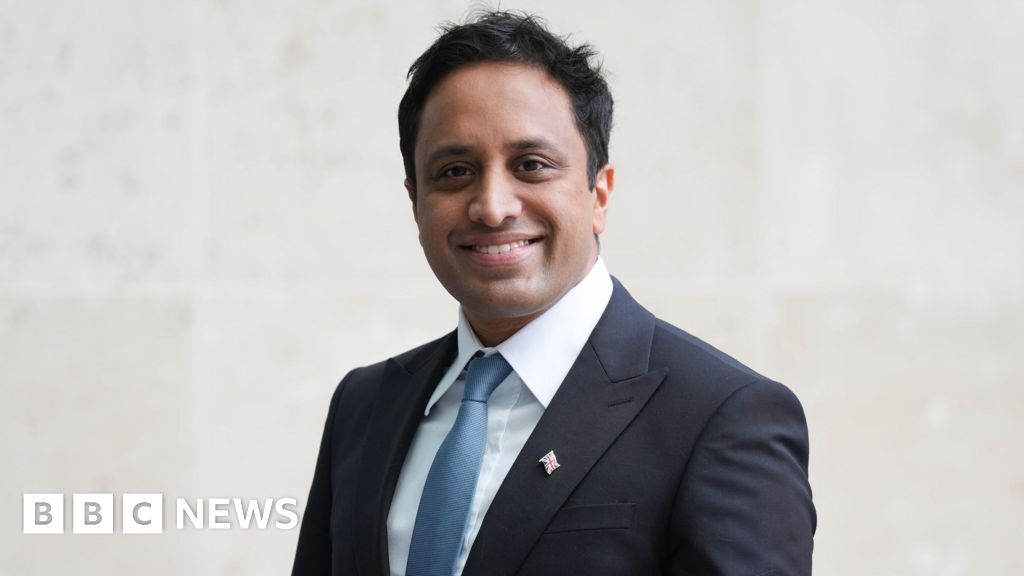Even Before Trump’s Visa Clampdown, U.S. Was Losing African Students


African students have traded academic institutions in the West for Chinese alternatives. The Trump administration’s clampdown on international students and visas could accelerate the shift. When students in Africa pine for an education overseas, the United States is often not top of mind. For many, it is China. The Trump administration’s recent tightening of visas for international students has raised fears that the United States could lose its status as a top destination for higher education. But for tens of thousands of students in Africa, that shift was already happening. Over the past decade, applicants across the continent have traded prestigious academic institutions in countries like Britain and the United States for Chinese alternatives, attracted by government scholarships, affordable tuition, lower living costs and easier access to visas. Africa is home to the world’s youngest and fastest-growing population at a time when many of the world’s wealthier regions — particularly in the West and Asia — are aging rapidly, making it difficult to find enough workers to keep their economies growing. Africa lacks enough universities to educate its own students, but China has mounted an effort to recruit them as the United States reduces its diplomatic, military and humanitarian engagement on the continent. The Chinese Communist Party sees educating the next generation of African leaders as part of a broader plan to boost China’s soft power and promote its economic and political model in the developing world. The efforts are already paying off. China-educated graduates increasingly take up roles in African governments, support the expansion of Chinese conglomerates like Huawei on the African continent and help bridge cultural gaps, whether it’s by teaching Mandarin or embracing Chinese cuisine. China has created “an educational superhighway for African students looking to study abroad,” said Hannah Ryder, the founder of Development Reimagined, a consultancy that researches China-Africa relations. For both sides, she said, “It is a win-win situation.” More than 81,000 African students were enrolled in Chinese universities in 2018 — the last year China publicly shared such data — more than double the figure in 2013. This is in contrast to 55,000 in the United States in 2023 and 68,000 in Britain in 2022, according to the United Nations Educational, Scientific and Cultural Organization. (Applicants from French-speaking African countries still preferred to attend college in France.) The number of African students in China declined during the pandemic because of travel restrictions and campus closures, but has since rebounded, analysts say. Depending on the program and university, students may learn in either Chinese or English, but typically take Mandarin courses to navigate daily life in China. Attracting more African students could also help Chinese universities offset a looming enrollment decline, driven by a drop in birthrates and slowing economic growth. Easier access to visas is part of China’s appeal. In 2022 alone, over half of all African student visa applications to the United States — or over 28,000 — were rejected. Students say embassy officials deny their visas because of incomplete paperwork, insufficient funds and concerns about clear plans to return home. Last month, the State Department announced it was halting interviews for foreign students as it vetted their social media accounts amid crackdowns on campus speech. The latest screening measures risk throwing international students’ ability to study in the United States into disarray. Already, international students have had their visas suddenly revoked, and others have been detained by U.S. Immigration and Customs Enforcement agents. On Wednesday, President Trump vowed to suspend visas for incoming students at Harvard and requested that Secretary of State Marco Rubio determine if visas for current international students at Harvard should be revoked. The new restrictions are likely to undermine the financial stability, global reputation and research output of American colleges and universities, said Ken Opalo, an associate professor at Georgetown University’s School of Foreign Service. They are also likely to accelerate a shift toward countries like China, he said, and weaken America’s role as a hub for education, cultural exchange and talent development. “The world’s elite come to school in the U.S., and get to acquire an appreciation of American attributes, culture and outlook,” Mr. Opalo said. “That influences the relationship with the U.S. once they go back home, and losing that also means losing American soft power.” Students like Helen Dekyem are being drawn to China by partial scholarships and lower fees for science and engineering courses. After studying Mandarin for years, Ms. Dekyem, a native of Ghana, secured a partial scholarship to pursue a degree in clinical pharmacy at a university in Nanjing. While the same program in the United States could cost her tens of thousands of dollars a year, it costs just a few thousand dollars in China, she said. “China is the future,” said Ms. Dekyem, who is graduating this month. Over the past two decades, China has become Africa’s largest trading partner and lender. It has financed railways and highways and expanded its presence in sectors from media and technology to military and minerals. Beijing regularly hosts African leaders and trains thousands of African officials in fields such as agriculture, science and military strategy. China’s push to educate African students echoes the Soviet Union’s strategy to train Africans during the Cold War, forging ties that still endear some African leaders to Russia today. “The more Africans learn in China, get to know about Chinese systems, the more China will become the default international partner more than it already is,” Mr. Opalo said. The United States once showed much greater interest in educating Africans. As African countries neared independence in the late 1950s, the need for educated workers grew. To meet that need, and to forge ties with Africa’s future leaders, the United States mobilized to support them, including through the John F. Kennedy airlift, which sponsored hundreds of African students with limited access to higher education to attend American colleges. Those students included Barack Obama’s father and Nobel laureate Wangari Maathai. During that same period, China granted scholarships to train African professionals. Those efforts hit a snag as some African students became dissatisfied with the quality and socialist bent of the curriculum. By the mid-1960s, African students were shut out of China as Mao Zedong closed universities during the Cultural Revolution. Chinese leaders began to pursue closer ties and long-term deals in Africa in the 1980s. Xi Jinping, China’s top leader, made his first trip to the continent in 2013, when more than 33,000 African students had come to China to study — up from just over 5,000 total between 1976 and 1995. For many of those students, arriving in China marked the beginning of a new chapter: It was their first time flying or traveling abroad and, in many cases, their first time meeting Africans from other countries. It’s not uncommon now to find African students in China sharing Nigerian jollof or Ethiopian injera while discussing Beijing’s censorship of the internet. On the Chinese messaging app WeChat, they share Zimbabwean music and Ugandan art. They have launched websites to document their experiences and guide future students on food, fashion and fun in China’s biggest cities. Norbert Haguma, a businessman and a tech executive from Rwanda, spent more than a decade working, studying and living in China. Connecting with fellow Africans, he said, sparked a lasting sense of Pan-African solidarity. “I went to China as a Rwandan, but China made me African,” Mr. Haguma said. For almost all African students in China, being Black can draw stares, unexpected hair touches and unsolicited photographs at malls and markets. While some say the attention is not malicious, it has rattled David Prah, a Ghanaian who received a full scholarship to a doctoral program in business management in 2016. On public transportation, passengers would move away from him, he said, or cover their faces with handkerchiefs when he sat nearby. “It was a painful experience that made me feel like a second-class citizen,” Mr. Prah said. “It defeats the purpose of the education diplomacy China is doing.” After graduating, some African alumni of Chinese universities find jobs or seek opportunities in other foreign countries. Others choose to return to Africa, where they promote the benefits of a Chinese education. Faith Mworia is the head of a Chinese language teachers’ association in Kenya. Ms. Mworia founded one of the few Chinese private tutoring centers in East Africa and has taught hundreds of people seeking to study, do business or travel across China. Across Kenya, she has organized nationwide grammar contests and spelling bees, taught her students how to cook egg fried rice and how to properly observe Chinese festivals, like Tomb-Sweeping Day, the spring holiday when families pay tribute to their ancestors. On a recent morning, after teaching two Chinese classes at the private tutoring center, she boarded a motorcycle taxi and headed to a high school in Kibera, a shantytown in Nairobi. Ms. Mworia had volunteered to teach the class, hoping it would give the students an advantage in earning scholarships to China. “The Chinese are here,” she said after the class. “We need to equip the younger generation so that Africa’s best and brightest can have a chance at choosing the world they want to live in.” Li You contributed research.‘China Made Me African’
Returning Home
What's Your Reaction?
 Like
0
Like
0
 Dislike
0
Dislike
0
 Love
0
Love
0
 Funny
0
Funny
0
 Angry
0
Angry
0
 Sad
0
Sad
0
 Wow
0
Wow
0









































